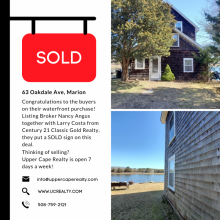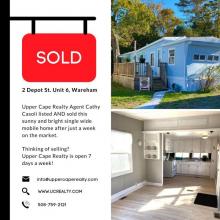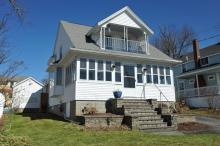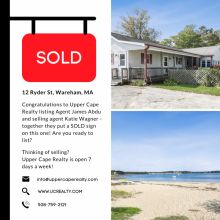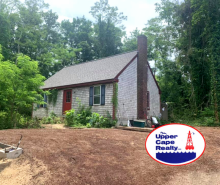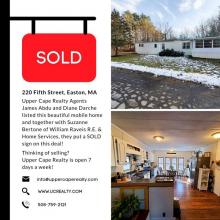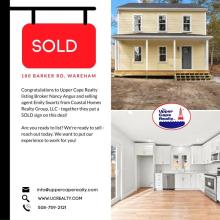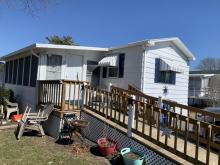Winding road ahead for residents with speeding concerns
Lowering speed limits in Rochester? Some residents' hopes for a quick, neat solution slowed down to a bumper-to-bumper crawl on Thursday night.
All three-towns in the tri-town have dealt with speeding concerns in recent months. Route 6 in Marion and Mattapoisett has long drawn criticism from nearby residents about others driving in an unsafe manner. Resident in Marion approved funds to purchase a portable speed trailer, which can record speed data for traffic analysis, in the town's October Town Meeting.
After a flurry of complaints on Rochester's Facebook page in recent weeks, all regarding incidents of speeding in the town, Rochester Police Chief Paul Magee opted to hold a public speeding forum on November 9, to help the public understand the process of changing speed limits.
The process is nowhere near as simple as it might seem.
How can a speed limit be changed, anyway?
"Just because you want a speed limit to be lower, doesn't mean it can be lowered," Magee explained.
Speed limits are set by state engineers, based on traffic analysis data. "Just because there are crashes, or you think people are speeding, that won't change the speed limit," Magee noted.
According to state regulations, speed limits are actually determined by the "85th percentile." In other words, with data from 100 cars, the top 15 highest car speeds are discarded. The speed of car number 85 is the speed that determines what the speed limit of the road should be. That's regardless of accidents, number of new houses, or residents' feelings on what speed limits should be.
If there are significant speed complaints, or an extraordinary number of accidents compared with other roads, Rochester police will perform a manual traffic and speed analysis. The analysis includes police officers sitting in unmarked cars with radar guns, taking down the speed of 100 cars to denote their own "85th percentile" analysis.
"[The analysis] is a double-edged sword," Magee explained. "If you come to me and say there's speeding going on, I can have officers do a manual analysis. If the speed of the eighty-fifth car is lower than the speed limit and the state approves it, the limit can be lowered. But if the speed is higher than the current speed limit, the limit must be raised instead."
If a speed limit does qualify to be lowered (or raised), it must be submitted to the state, with backup data including the rates of speed, and information such as number of crashes. The state will deliberate and return an answer; if the change is agreed to, the police then present the findings to the town's Board of Selectmen, who must approve the changes. Only then can new signs be hung and the new speed limit enforced.
And no, Magee said, don't even think about putting up your own sign. "That's illegal," he said. "Signs are placed in specific places, at very certain heights; otherwise if someone hit one the pole could come right through their window and take their head off."
Tempting, but not worth it.
What difficulties is Rochester facing in changing or enforcing speed limits?
Magee explained that the best time for cops to catch speeders is not when they're sitting on the side of the road, but when they're driving around. "If we're driving we can have radar on and nobody knows where we'll be," he explained.
"We have two cops out on patrol at a time," he added. "To do that, we have to split a forty-square-mile town into east and west sectors, and send an officer to each one."
But two cops, even armed with radar, can only be in so many places at one time.
Another problem? A lack of data-capturing technology. Magee pointed out that while all of the police cars have radar guns equipped, the town has one speed trailer (the sign that flashes a driver's speed as they pass), which is more or less on its last legs, and doesn't even store speed data.
Instead, he pointed out some items he'd like to secure for the department in the future, including a portable speed monitor which will record when people drove by and their speed. "That's data that can be sent directly to the state," he said. The speed monitor is similar to the one Marion residents approved purchasing in the town's October Town Meeting.
The cost of the said equipment? About $2,000 for a base model, and up to $7,000 for a "Cadillac," as Magee termed it. Magee figured a reasonable estimate for Rochester is $3,000-$3,500.
He noted that he is planning to request speed monitors in Rochester's Annual Town Meeting next year.
What can Rochester citizens do to help?
Well, for starters they can call. "I saw a lot of comments about speeding on roads in Rochester on social media," Magee said, "but I can tell you not one of those complaints was ever formally filed with the police department. If we know, then we can have officers in the right locations."
He stated that an online speeding complaint form will be available on the Rochester Police Department's webpage in a few days; in the meantime, residents can drop by the police station on Dexter's Lane to pick up a paper copy.
Interested citizens are also encouraged to sign up for a "citizen survey." Magee explained that the Police Department is willing to train citizens in how to use a handheld radar gun to take down speed data from cars, rather than tie officers up in a lengthy speed analysis. Residents would not be able to survey their own road, he noted, nor would their data be admissible as evidence to the state, as they aren't trained engineers of police officers.
What the data will do is give the Rochester Police Department a good place to start in terms of where and when speeding happens. That way it can have police cars placed appropriately to monitor those roads.
Residents interested in participating in the survey are asked to call the Rochester Police Department, 508-763-5112 ext. 112 to speak to Chief Magee directly. If he is not available, they should leave their name, address and phone number and a member of the Police Department will return their call.






